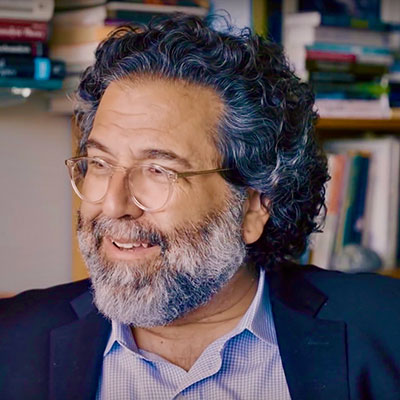Utility of Psychedelics in the Treatment of Psychospiritual and Existential Distress at the End of Life

Anthony P. Bossis, Ph.D. is a clinical psychologist and clinical assistant professor of psychiatry at NYU School of Medicine conducting FDA-approved clinical research with the psychedelic compound psilocybin since 2009. Dr. Bossis was director of palliative care research and co-principal investigator on the landmark 2016 clinical trial and publication demonstrating a significant reduction in emotional distress from a single psilocybin session in persons with cancer, specifically, a rapid decrease in depression, anxiety, hopelessness, and demoralization along with improvements in spiritual well-being and quality of life (Journal of Psychopharmacology). Dr. Bossis is also study director and lead session guide on the FDA-approved clinical trial evaluating psilocybin-generated mystical experience upon religious leaders. Psilocybin is a naturally occurring compound found in specific species of mushrooms. Subjective features of a psychedelic-generated mystical experience include unity, sacredness, transcendence, and a greater connection to deeply felt emotions including that of love. Implications for the study of psychedelics and mystical experience include the treatment of end-of-life existential distress, myriad mental health disorders, and to advance our understanding of consciousness, meaning, and spirituality. Dr. Bossis is a training supervisor of psychotherapy at NYU-Bellevue Hospital Center and co-founder and former co-director of the Bellevue Hospital Palliative Care Service. He is on the faculty of The Center for Psychedelic Therapies and Research at the California Institute of Integral Studies and a guest editor (with Charles Grob, M.D.) on a special series on psychedelics for the Journal of Humanistic Psychology. He has a long-standing interest in comparative religion and mysticism and on the interface of psychology and spirituality. He maintains a private psychotherapy and consulting practice in NYC.

